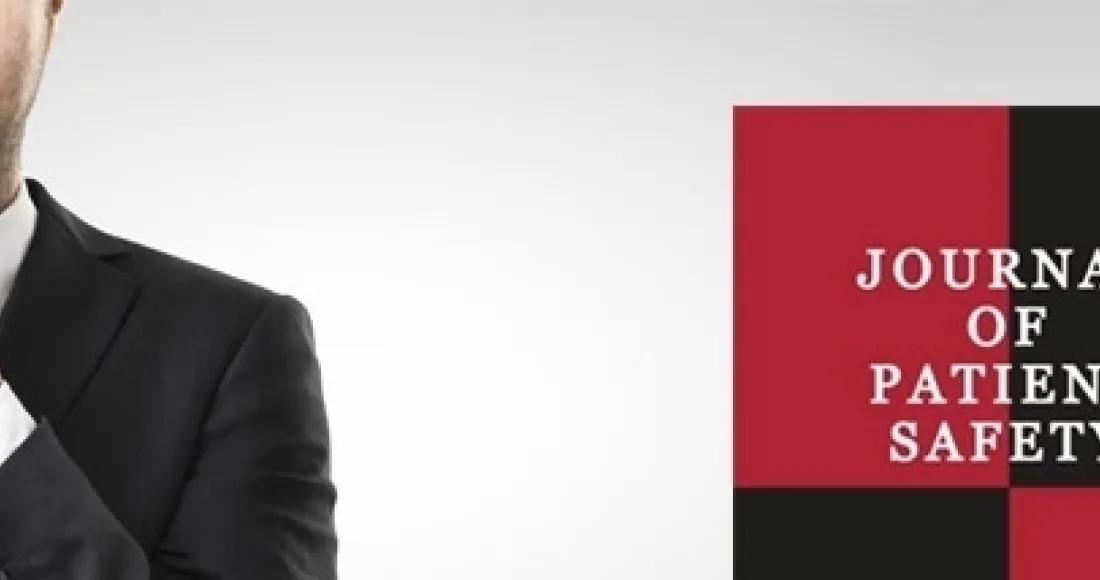
Recently, a Senate panel heard testimony that preventable medical errors are the third leading cause of death in the U.S., behind only heart disease and cancer. The Journal of Patient Safety recently published a study that concluded as many as 440,000 people die each year from preventable medical errors in hospitals. This does not include the thousands who are killed or injured by preventable mistakes in the ambulatory setting, such as deaths from medication errors and from delayed and missed diagnoses. In 1999, the Institute of Medicine released a report called “To Err is Human,” which found that as many as 98,000 patients die in hospitals each year. Obviously, this pales in comparison to current data and estimates. There have been many suggestions on ways to reduce these errors, principally by improving systems that cause the mistakes, but this will not be achieved without a mandatory national reporting system. One thing is clear, though: we should encourage people to report errors or wrongdoing in the healthcare system and protect them from retaliation.
One thing is clear, though: we should encourage people to report errors or wrongdoing in the healthcare system and protect them from retaliation.
Yesterday, the Wisconsin Supreme Court stated that the state law protecting healthcare workers who act as whistleblowers does NOT apply to unpaid interns who do not receive any benefits, and therefore are not considered employees. The case involves Asma Masri, a doctoral student in psychology who was terminated from the Medical College of Wisconsin after she made an ethics complaint. Masri stated that her internship ended abruptly after she reported to a college administrator that she was ordered to craft a “borderline personality” diagnosis to discredit a patient who was a potential malpractice litigant. The college claimed that performance concerns resulted in her termination.
The Wisconsin Supreme Court held that she was not entitled to anti-retaliation protection under the law since she was not an employee. In a dissenting opinion, one which I happen to agree with, Justice Ann Walsh Bradley argued that denying unpaid workers whistleblower protection could hurt patients. "The result is that these health care workers who are in a position to witness and report problems with patient care may now be silent, resulting in lower quality patient care," Bradley wrote in her opinion. The hospital pointed out that there were other means to report, including filing an anonymous complaint.
Just think of the potential consequences for the patient in this case who might have carried a false and misleading diagnosis of borderline personality throughout her life. Imagine a situation where a medical device manufacturer representative is in an operating room and observing a procedure in which their device is being used. They witness a mistake by the physician and attempt to correct it, but the physician rejects the advice. They then report it to the hospital. As a result, they and their products are thrown out of the hospital in retaliation and they end up getting fired by their employer. Under the Wisconsin Supreme Court interpretation, they would not be protected from this practice.
Whistle-blowers must receive the same protection whether they are employees, volunteers or random third parties who are privy to mistakes or fraud. Perhaps our lawmakers need to pursue modifications to existing anti-retaliation laws, or create a new class of laws for protecting people who report potential patient harm. If not, we will continue to face the same problems in a different city, at a different time and in a different venue. Remember, whistleblowers save numerous lives and billions of healthcare dollars. The fact that the law permits retaliation to continue under any circumstance is unacceptable. Healthcare is supposed to be all about the patient and their safety, not protecting those who provide services.

